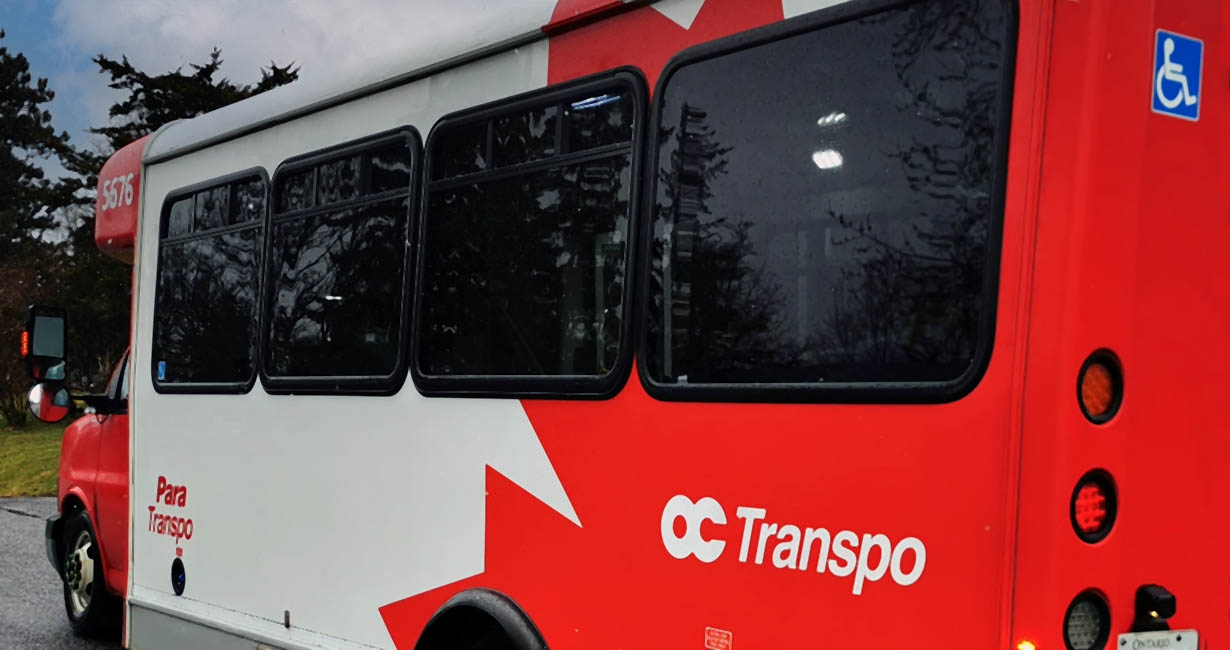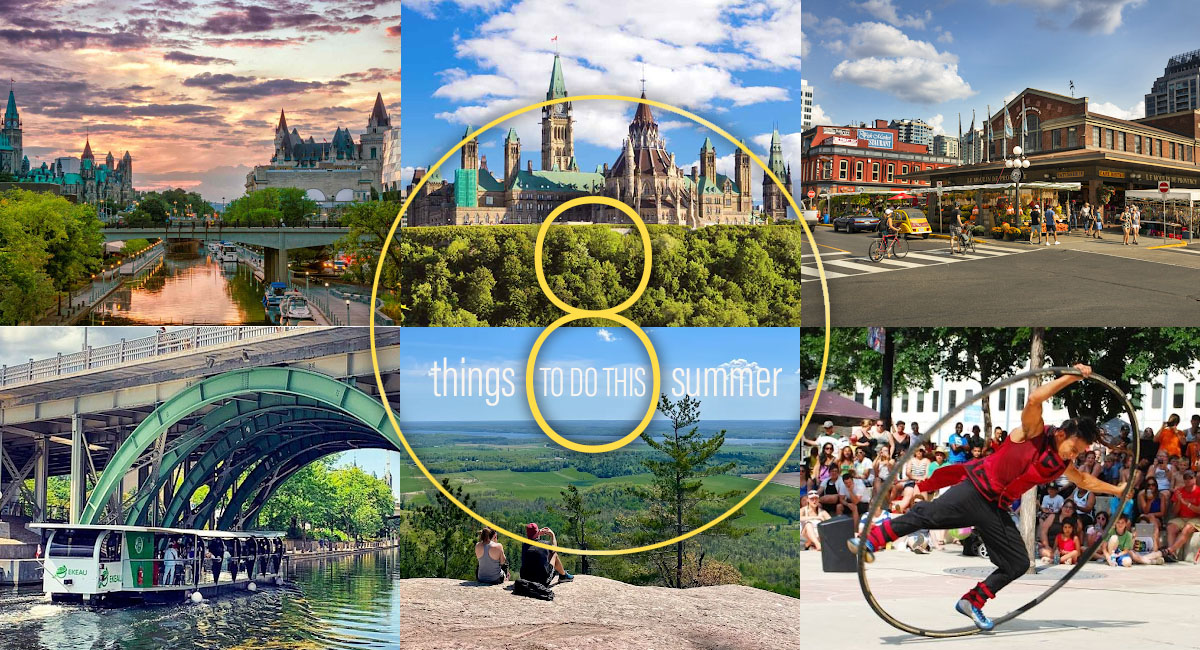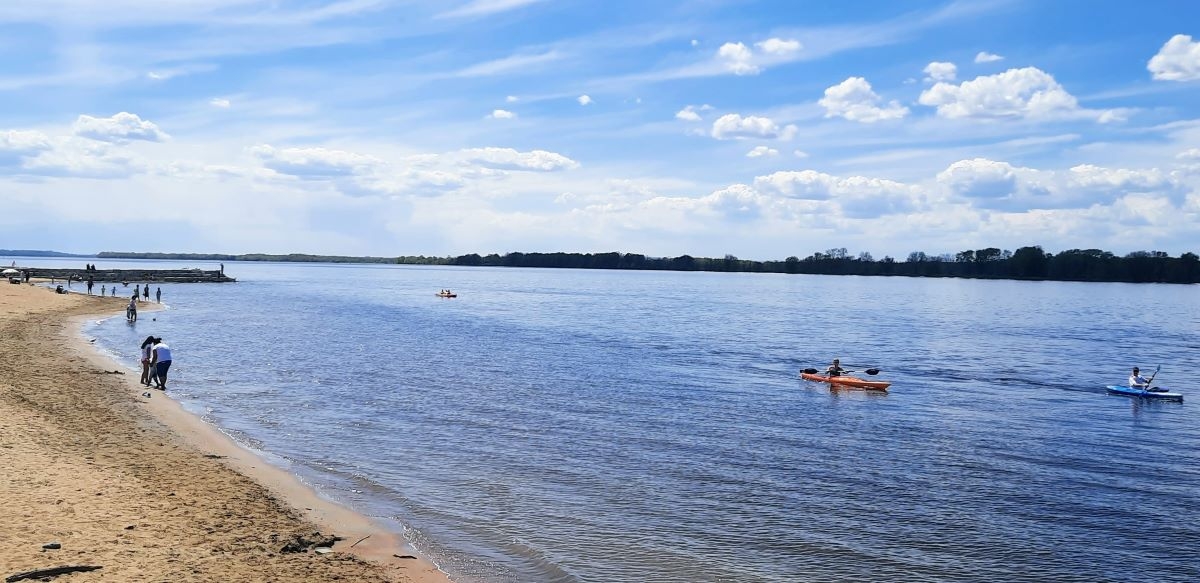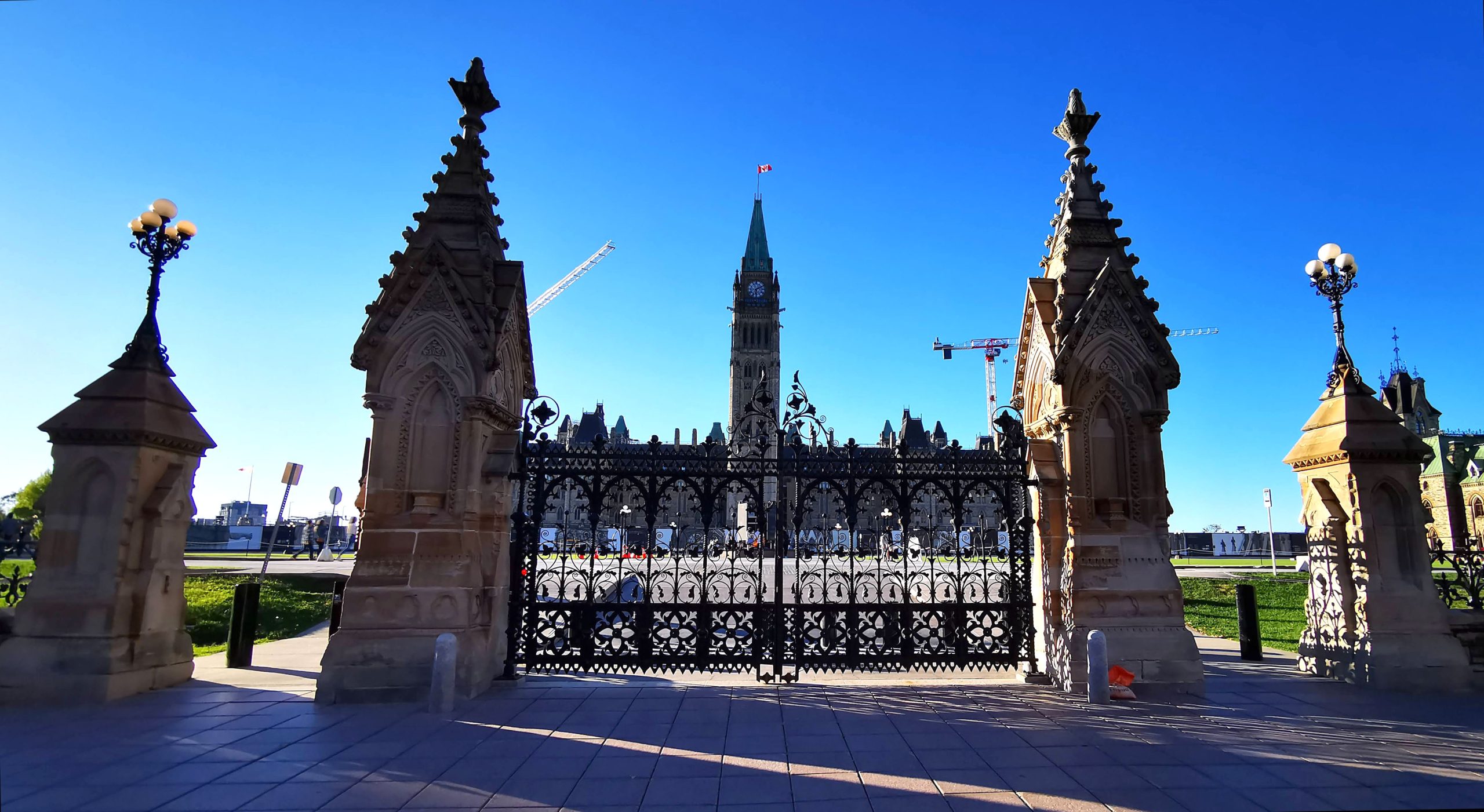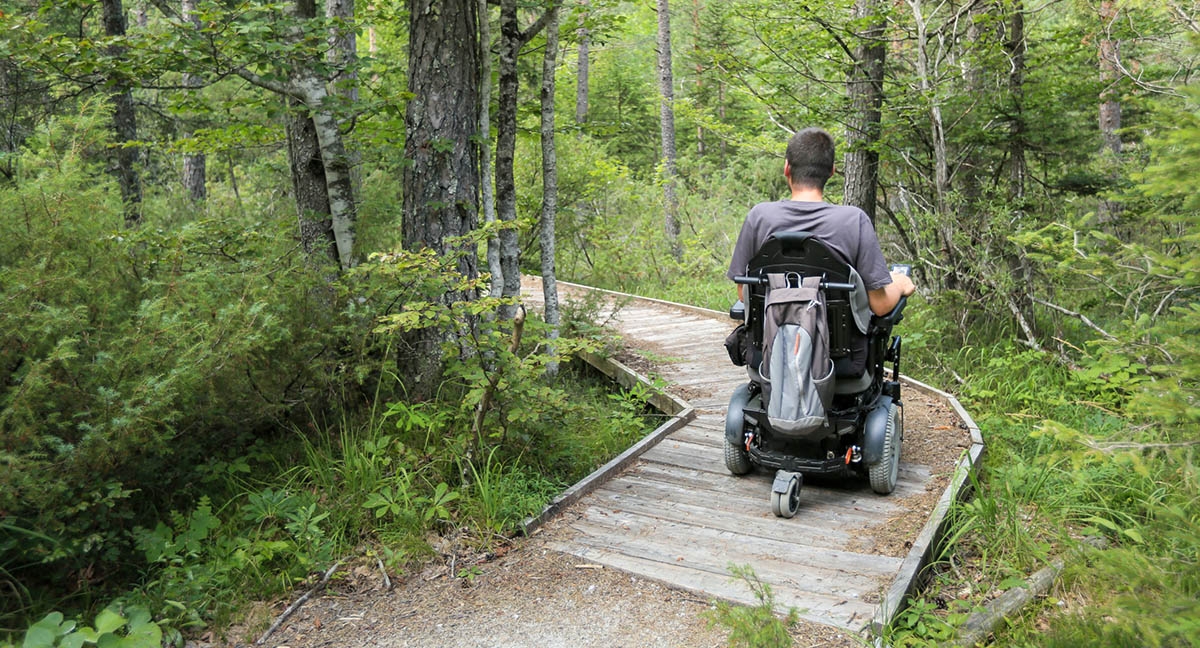
A few gentle reminders on what to do when you come across a PWD
With warmer weather here and more people getting out and about, I figured that now would be a good time to remind people how to act around people with disabilities. I wish I could just say be kind and respectful to PWD and others in general. Sadly, that doesn’t happen as much as it should.
Before I begin, I will say that I have noticed that things are improving, at least in my experience. Over the past few weeks, I’ve been to several places and just rolling along the canal, Bank Street, and Elgin. All interactions have been positive.
With that said, I will offer a few suggestions on being more respectful towards people with disabilities when we’re out and about.
Please don’t stare.
Wherever I go, I often get stared at or people just trying to figure out if I’m an alien or a cyborg.
I’m pretty used to it, and I usually ignore it or have fun with it.
For some PWD, being stared at can be very traumatizing. The same also goes for those with mental health challenges. For the most part, people don’t like to be watched or be made to feel like an outcast because, in your mind, they look “different”.
Now, if you’re looking at me or another PWD because you’re interested in their style, smile, or related reasons, that’s cool.
All I’m saying is to please don’t stop in your tracks or stop what you’re doing just to stare at us.
Also, don’t do it to women either.
Stepping/Moving aside.
My wheelchair’s pretty big. I would even say that it’s probably one of the biggest in Ottawa, certainly in Centretown.
PEOPLE OFTEN MOVE when I go to stores if I need to get by, which is excellent. However, there have been times when people will look terrified and confused about where they should go or what to do. Sometimes panic kicks in, and they run off in the opposite direction.
I’ve even seen people directing foot traffic and holding back others just to let me by. Depending on where I am, and if I’m in a big crowd, it’s very helpful and appreciated.
However, there are times and places where it’s unnecessary and can cause unwanted attention or people staring.
If I’m in a big crowd, like at Bluesfest, it would help me get through the group. If I’m in a store and only a few people in an aisle or the cashier line, I can wait or ask politely for others to move.
It’s usually no big deal, and I’d rather wait like everyone else instead of being singled out.
To be fair, though, there are people with disabilities that are non-verbal or unable to communicate easily. In those cases, and in general, it’s a good idea to first ask the PWD if they would like your help.
Opening/Holding doors open.
Even though many places have buttons that open doors for us, it’s not a perfect system. Some buttons are either too high or too low for a person using a wheelchair to reach, or they just don’t work.
In those cases, a PWD will be sitting at the door waiting for someone to open the door and/or hold it for us. Depending on the location and the time of day, they may not have to wait, or it could take several moments.
I always have someone with me. However, I enjoy it when a stranger offers to open a door for me. Sometimes it leads to a conversation or hello, thank you, and have a nice day.
If you see a person using a wheelchair or other mobility devices near a door, please offer to hold the door open.
Children asking questions.
I often come across families which include children. I’ve often had kids running up to me or loudly asking their parents what happened to him or what’s wrong with him?
The parent(s) will try to change the subject or silence their child in most cases. To me, that does more harm than good.
Children are naturally curious and unfiltered. Sooner or later, your child WILL see a person with a disability. Let your child ask. Give them a chance to learn from someone that can answer questions. If that person happens to be non-verbal or doesn’t wish to answer questions, you as a parent can still explain that to your child.
Your child may forget about it thirty seconds later, but the more PWD they see, the sooner they’ll see us as just people with really cool wheels.
The same can be said for adults too. If a teen or adult asks me in a respectful, genuine way, I’ll gladly answer questions you have about me or my disability.
I prefer to have people ask about my disability instead of being nervous around me or assuming the worse. You may be missing out on a huge opportunity or experience.
Before I go, I should mention that everybody’s different, including people with disabilities. Not all PWD are comfortable with answering questions about their disability. It CAN be difficult to determine if a PWD will answer questions.
My best advice is to use your best judgment for everything I mentioned above.
In general, please treat people with disabilities and everyone with kindness, respect, dignity and understanding.
We’re just like you, except we do things a little differently than you.
Photo: iStock

